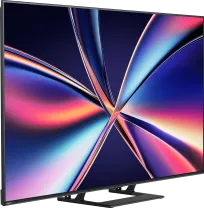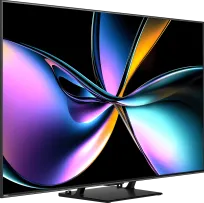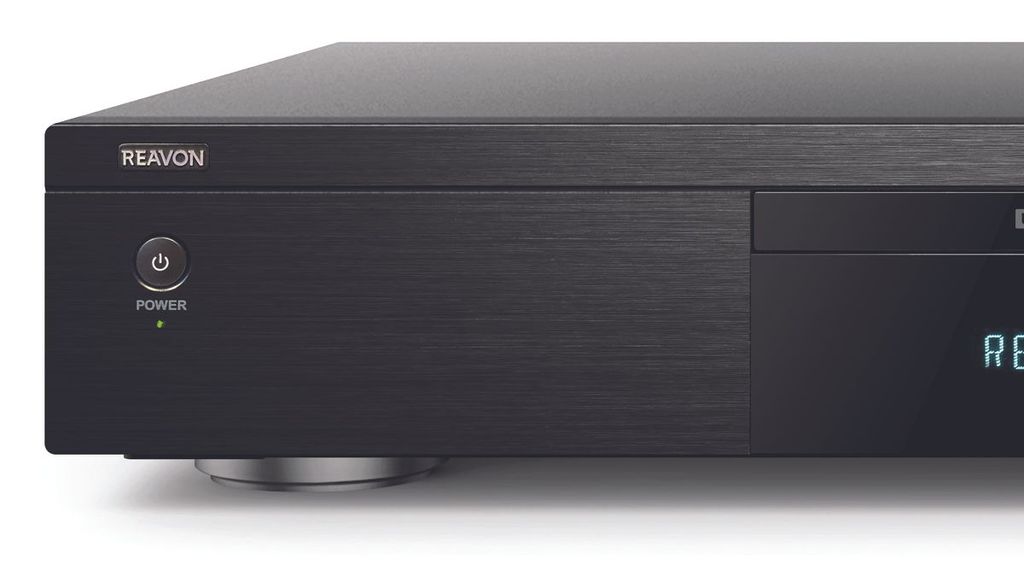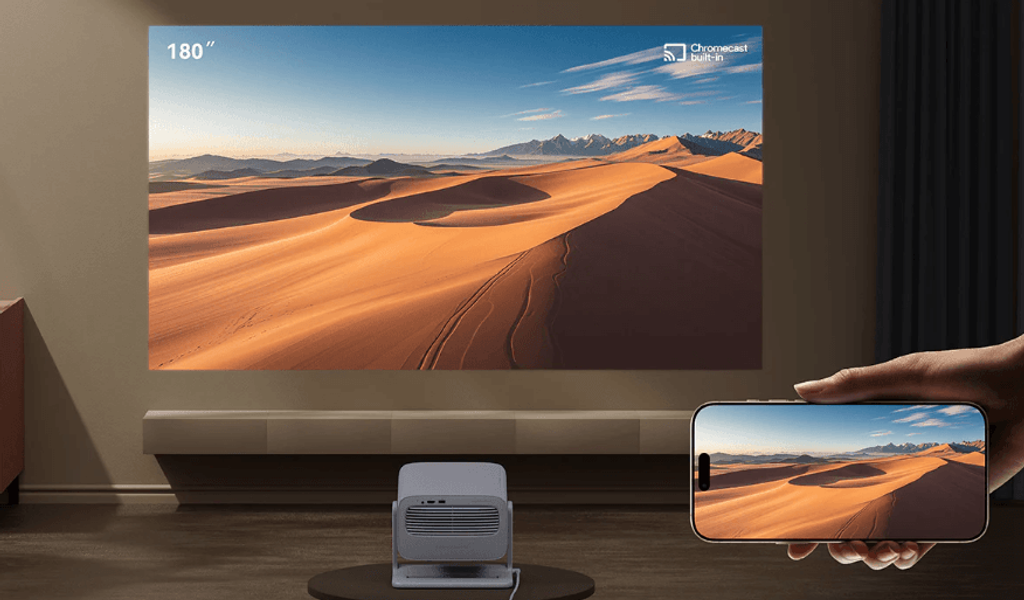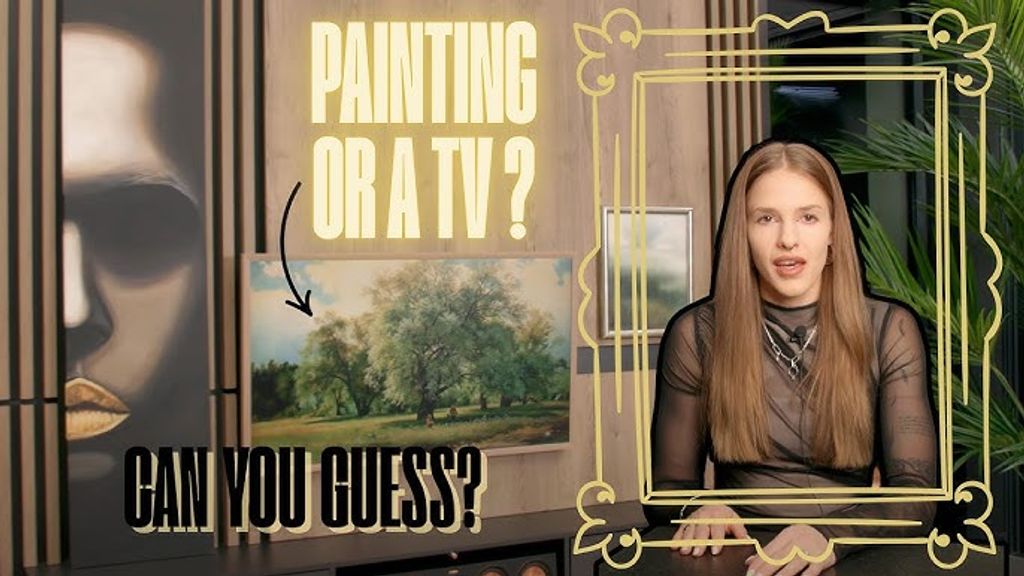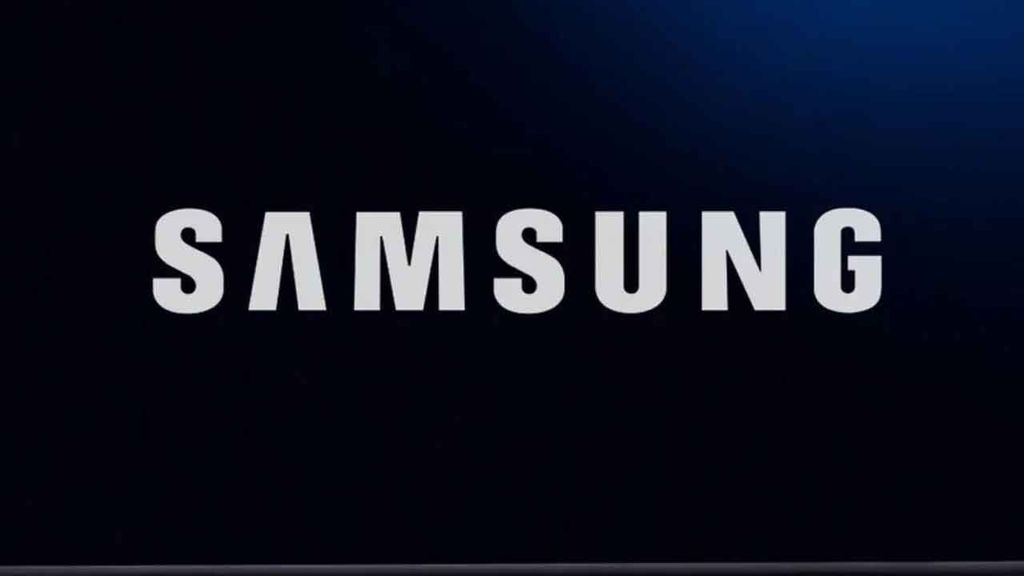
On 1st August, Samsung Smart TV owners worldwide woke up to a reality where nearly all applications had stopped working. Access to YouTube, Disney+, HBO Max and dozens of other platforms disappeared. This was not a typical outage of a single service, but a complete blackout of applications on Samsung televisions – and it happened right in the middle of the summer holidays, when many viewers particularly often turn to streaming. Only Netflix remained available, which immediately caught the attention of users and experts.
Avalanche of reports and unclear errors
Those who tried to launch the application found themselves staring at error codes related to the server, internet, or security certificates instead of watching a series or film. Normally, this would suggest a problem on the user's side, but this time the fault lay with Samsung's servers. The internet was buzzing: over 800 posts detailing the outage appeared on Reddit, and on Samsung's official forum, as many as 85 thousand people were desperately seeking an explanation and a solution.
Tizen and the "thin client" – Samsung's Achilles heel
The failure revealed just how much Samsung Smart TV applications are dependent on the Tizen platform and the company’s central servers. In practice, this means that if Samsung were to turn off its servers in the future, a huge portion of the applications could cease to function completely. Only Netflix operated without interruption, likely because it enforces the use of its own, independent CDN infrastructure. Experts also recalled the "thin client" model, where the interface is loaded from a server, as opposed to solutions like tvOS on Apple TV, which operate locally on the device.
Samsung's Reaction and Bitter Déjà Vu
The company assured in a conversation with Android Authority that “the TV service was affected for a brief period overnight, but has since been restored,” and users can resolve the issue by turning the TV off and then on again using the remote. However, not everyone shared this optimism – some reported that after the reset, no apps could be downloaded because the TV could not read the terms and conditions, and the setup still did not work properly. Worse still, this is not the first such crisis – in 2020, Samsung's Blu-ray players were “bricked” by a faulty internet configuration and required physical repairs. Today’s outage showed that history can repeat itself, and the entire platform is built on more fragile foundations than many may have assumed.
Source: The Verge, Android Authority
 Katarzyna Petru
Katarzyna Petru




